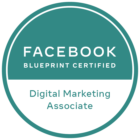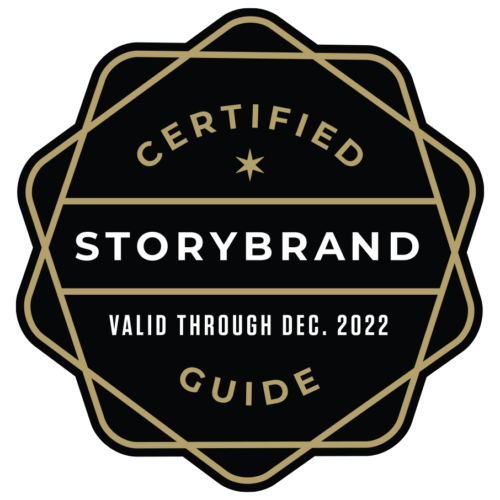What is a brand?
Your logo is not your brand. A brand is a characteristic or group of characteristics that distinguish one company from another. A brand's name, tagline, logo or symbol, design, brand voice, and other elements are often included. It also refers to a customer's entire experience when dealing with a business, whether as a shopper, a customer, a social media follower, or a casual bystander.
Your brand = your reputation!
Apple is the perfect example of a great brand.

Apple builds beautiful, innovative computers that are unlike anything else on the market, then promotes them to ensure that they are well received by its customers. The Apple brand stresses the same qualities in its consumers as it does in its products: being an Apple customer implies being unique, innovative, and creative. Apple does not include pricing in its branding and instead emphasizes the value of their products and the relationship they have with its customers.
What is branding?
Branding is unquestionably a process that needs a plan and strategy. The continued effort will result in the development of long-term relationships with your clients, consistent growth in leads and sales, as well as referrals and advocacy for your products or services through word-of-mouth.

One of your company's most precious assets is its brand. It gives your organization personality, helps distinguish it from competitors, encourages people to buy from you, supports marketing and advertising, and instills pride in your employees.
Why is branding important?
Don't you agree that items are never simply products? Nike is more than just a sportswear company. Dunkin is more than simply a coffee shop. Jeep is more than just an automobile company. Companies that build strong brands recognize that it must be present in all aspects of their business, from social media captions and stories, the elements used in their advertising campaigns, and the product utilized in their packaging.
We buy these products because they present us with experiences when we interact with them. Even better, the companies who create and market them are well aware of the type of experience they want you to have when you buy (or consider buying). For this reason, they establish their brand.

Smaller businesses can benefit from branding in the same way that large corporations can. Especially in this time of niche marketing. Even B2B companies who aren't well-known outside of their market have had a lot of success with exceptional branding.
A lack of brand strategy causes problems at every level of a business.
"A successful brand evokes unconscious emotion and conscious feelings."
4 steps for developing a successful brand.
1. Research - consists of evaluating:
- Target audience
- Current brand
- Competitors
- Products and services
- Challenges
- Brand perception
2. Strategy - by consolidating the information in step 1 you can clearly define:
- Core Values
- Differentiators
- Mission Statement
- Company name
- Taglines
- Voice
3. Design - guided by the research and strategy will be able to create a cohesive visual identity consisting of:
- Logos
- Colors
- Typography
- Patterns
- Photo Treatments
- Motion elements
4. Implementation - Put your newly created materials to work in all relevant media channels such as:
- Website
- Packaging and Product Design
- Print Materials
- Social Media
- Environmental Signage
- Advertising Campaigns




